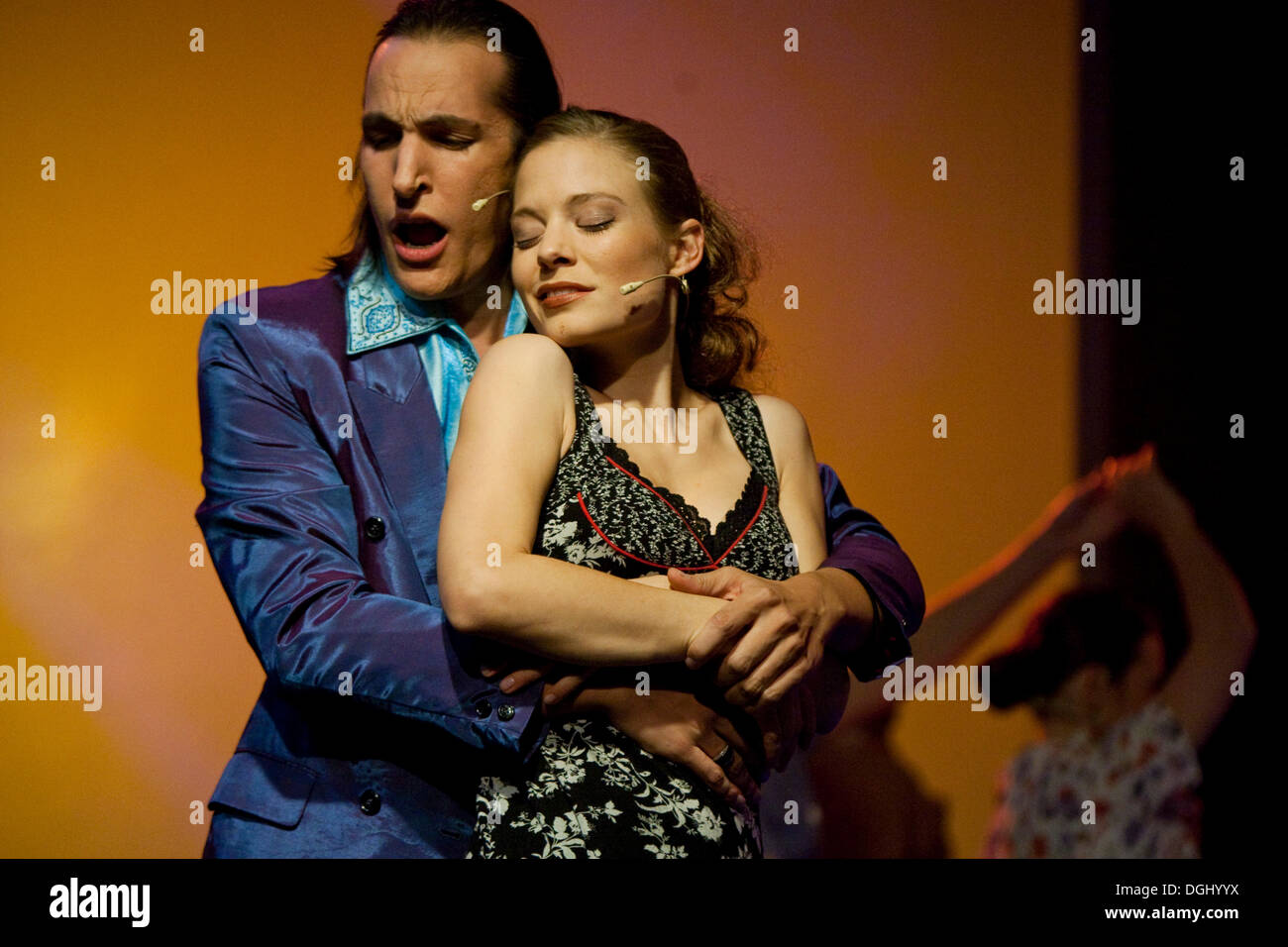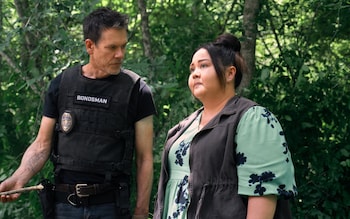The Hells Angels: A Deep Dive Into Their Culture And Operations

Table of Contents
The History and Origins of the Hells Angels
The Hells Angels Motorcycle Club's roots trace back to the post-World War II era in the United States. Founded in 1948 in San Bernardino, California, the club initially consisted of a small group of veterans and other young men drawn together by a shared love of motorcycles and a rebellious spirit. Their early activities centered around motorcycle riding, social gatherings, and a distinct counter-cultural identity. However, the club's evolution was far from straightforward. Over the decades, the Hells Angels expanded significantly, establishing chapters across the United States and internationally. This growth wasn't without conflict; the club engaged in numerous violent clashes with rival motorcycle gangs and law enforcement agencies, solidifying their reputation as a powerful and often dangerous organization.
- Founding Year and Location: 1948, San Bernardino, California
- Early Club Activities and Members: Primarily focused on motorcycle riding, camaraderie, and a rejection of mainstream society. Membership consisted largely of veterans and young men seeking a sense of belonging.
- Expansion Across the United States and Internationally: The club's expansion was a gradual process involving the formation of new chapters and a strategic spread across various regions. The establishment of international chapters marked a key stage in their development as a global organization.
- Key Historical Conflicts and Rivalries: The Hells Angels have been involved in numerous violent conflicts with rival motorcycle clubs like the Bandidos and Mongols, often stemming from territorial disputes and control of illegal activities.
Hells Angels Motorcycle Club Structure and Hierarchy
The Hells Angels boast a highly structured and hierarchical organization. The club operates on a multi-tiered system, with individual chapters reporting to a national or even international leadership. This hierarchy ensures efficient communication and coordination across the various chapters, facilitating their activities, both legal and illegal. Understanding this structure is crucial to comprehending their operations and influence. Each chapter functions independently but is ultimately answerable to the higher-ups within the club's overall leadership.
- "1%er" Status and its Significance: The "1%er" patch signifies the club's defiance of mainstream society and their embrace of outlaw biker culture.
- Initiation Process and Requirements: Becoming a full-fledged member requires a rigorous initiation process, including a probationary period as a "prospect," demonstrating loyalty, and commitment to the club's rules and values.
- Patching-in Ceremony: This formal ceremony marks a prospect's acceptance as a full member of the Hells Angels, conferring upon them full rights and responsibilities within the club.
- Internal Disciplinary Procedures: The club has its own system of internal justice, addressing infractions and disputes among members.
- Communication and Decision-Making Within the Club: Communication channels are strictly controlled, and decisions are made through a hierarchical structure, with leadership figures exerting considerable influence.
Hells Angels Culture and Lifestyle
The Hells Angels' culture is characterized by strong bonds of brotherhood, loyalty, and a commitment to the club's values and traditions. The motorcycle holds immense symbolic importance, representing freedom, rebellion, and a sense of belonging. The club's iconic "Death Head" logo, colors, and patches are potent symbols, reflecting their defiance and shared identity.
- Importance of Brotherhood and Loyalty: Loyalty to the club is paramount, and members are expected to demonstrate unwavering allegiance to their brothers and the overall organization.
- Role of Motorcycles and Riding Culture: Motorcycles are integral to the Hells Angels' identity, with regular group rides and events playing a significant role in their social life.
- Codes of Conduct and Rules: Members are expected to adhere to a strict code of conduct, with penalties for those who violate the rules.
- Social Activities and Events: The club organizes regular events and gatherings, strengthening bonds among members and showcasing their collective identity.
- Public Image and Media Portrayal: The Hells Angels' public image has been shaped largely by media representations, often portraying them as violent and criminal, though the reality is significantly more nuanced.
Hells Angels and Criminal Activities
The Hells Angels have a long and well-documented history of involvement in various criminal activities. It's crucial to acknowledge this reality without glorifying or romanticizing it. Law enforcement agencies worldwide have dedicated significant resources to investigating and prosecuting their criminal enterprises. While not all members are directly involved in illegal activities, the organization's structure and culture have facilitated the perpetration of numerous crimes over the years.
- Drug Trafficking: The Hells Angels have been implicated in extensive drug trafficking operations, distributing various controlled substances across national borders.
- Arms Dealing: The club has been linked to the illegal trade of weapons and firearms.
- Extortion and Racketeering: The Hells Angels have used their power and influence to engage in extortion and racketeering activities, targeting businesses and individuals.
- Money Laundering: Complex money laundering schemes have been utilized to conceal the proceeds of their criminal activities.
- Law Enforcement Investigations and Prosecutions: Numerous law enforcement agencies have conducted extensive investigations into the Hells Angels' criminal activities, leading to numerous arrests and convictions.
Hells Angels in Popular Culture
The Hells Angels have been extensively featured in books, movies, documentaries, and other media, shaping public perception and often reinforcing negative stereotypes. While some portrayals offer glimpses into the club's internal dynamics and culture, many rely on sensationalized narratives that simplify the complexity of the organization.
- Notable Books, Movies, and Documentaries Featuring the Hells Angels: Numerous books, films, and documentaries have explored the Hells Angels, varying widely in their approach and objectivity.
- Common Themes and Stereotypes Depicted in the Media: Common themes often include violence, criminal activity, and a romanticized vision of outlaw biker culture.
- Impact of Media Representation on Public Opinion: Media portrayals have significantly impacted public perception of the Hells Angels, contributing to both fascination and fear.
Conclusion
The Hells Angels Motorcycle Club represents a complex and multifaceted organization. Their history is marked by both motorcycle culture and criminal activities. Their hierarchical structure, distinct culture, and involvement in illegal businesses have shaped their enduring legacy. Understanding the Hells Angels requires acknowledging the full spectrum of their activities, from the camaraderie and brotherhood within their ranks to their involvement in organized crime. To gain a truly comprehensive understanding of the Hells Angels, further research into reputable sources is recommended. By delving deeper into the Hells Angels, we can develop a more nuanced perspective on this iconic and controversial group.

Featured Posts
-
 Joy Crookes Releases New Song I Know You D Kill Details And Listening Options
May 25, 2025
Joy Crookes Releases New Song I Know You D Kill Details And Listening Options
May 25, 2025 -
 Naomi Kempbell Kak Ona Vyglyadit V 55 Let Foto
May 25, 2025
Naomi Kempbell Kak Ona Vyglyadit V 55 Let Foto
May 25, 2025 -
 Humoriste Transformiste Zize En Spectacle A Graveson 100 Marseillais Le 4 Avril
May 25, 2025
Humoriste Transformiste Zize En Spectacle A Graveson 100 Marseillais Le 4 Avril
May 25, 2025 -
 Auto Legendas F1 Motorral Szerelt Koezuti Porsche
May 25, 2025
Auto Legendas F1 Motorral Szerelt Koezuti Porsche
May 25, 2025 -
 L Histoire De La Charentaise Une Entreprise De Saint Brieuc Qui A Su Traverser Les Epoques
May 25, 2025
L Histoire De La Charentaise Une Entreprise De Saint Brieuc Qui A Su Traverser Les Epoques
May 25, 2025
Latest Posts
-
 The Doomed Production Of Eldorado A Behind The Scenes Look
May 25, 2025
The Doomed Production Of Eldorado A Behind The Scenes Look
May 25, 2025 -
 Disneys Land Of Sometimes A Musical Collaboration With Tim Rice
May 25, 2025
Disneys Land Of Sometimes A Musical Collaboration With Tim Rice
May 25, 2025 -
 The Enduring Legacy Of David Hockneys A Bigger Picture
May 25, 2025
The Enduring Legacy Of David Hockneys A Bigger Picture
May 25, 2025 -
 Review Roland White On Armando Iannuccis Imagine The Academy Of Armando Bbc 1
May 25, 2025
Review Roland White On Armando Iannuccis Imagine The Academy Of Armando Bbc 1
May 25, 2025 -
 Land Of Sometimes Tim Rices Lion King Legacy Continues
May 25, 2025
Land Of Sometimes Tim Rices Lion King Legacy Continues
May 25, 2025
